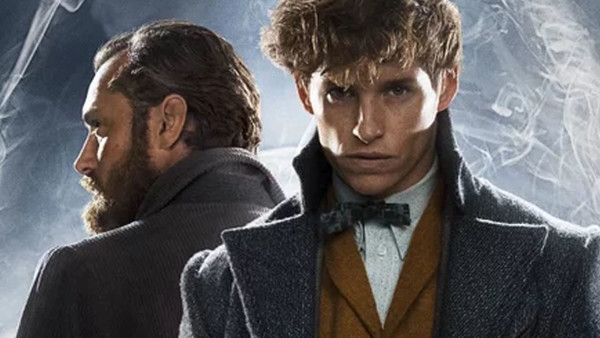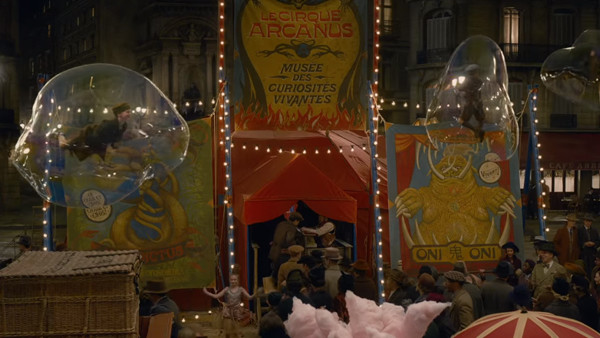What The Critics Hated About Fantastic Beasts 2
Does the second Harry Potter spin-off have too much story?

It is with grave sadness - and no same slice of painful inevitability - that it has to be reported that the Fantastic Beasts sequel that had been expected to delight Harry Potter fans has not gone down well with the critics. Though some downfall on the mainline Potter series (and even the first Fantastic Beasts movie) was to be expected - particularly because this is only the second in a long run of sequels - a Rotten score on RottenTomatoes is not ideal.
This should be a billion dollar movie: it unifies TWO major fanbases by closing the gap in the Wizarding World and adds major talent in the shape of Jude Law (and even Johnny Depp), and in all honesty, it probably still will make an inordinate amount of money thanks to fans. But critical reception matters and even with the useful marketing tool of the fans/critics divide these days, being able to slap four and five star slogans on a poster is an even easier win.
It just wasn't the sort of thing critics seem to have wanted from the sequel, even with some acknowledgement of the great effects, some great individual performances and a good story twist . But what specifically did they hate?
7. There's Too Much Subplot

The difficulty with any sequel - and particularly one already deeply entrenched in a world as rich with lore and existing storylines as the Wizarding World as Fantastic Beasts - is that there's very much an expectation of escalation. Warner Bros manipulated that requirement to a certain extent by announcing multiple sequels and then hinting at some of the story details we'll see further down the line.
How this would compromise the first film's tighter structure and successful self-contained story would then become one of the biggest questions around The Crimes Of Grindelwald. Unfortunately, the studio seems to have thought that it was necessary to stuff in as much story as possible to dial things up, rather than escalating the details of the story.
As such, several reviews talk about there being too much story - and specifically too many subplots that simply don't come together into one coherent narrative.